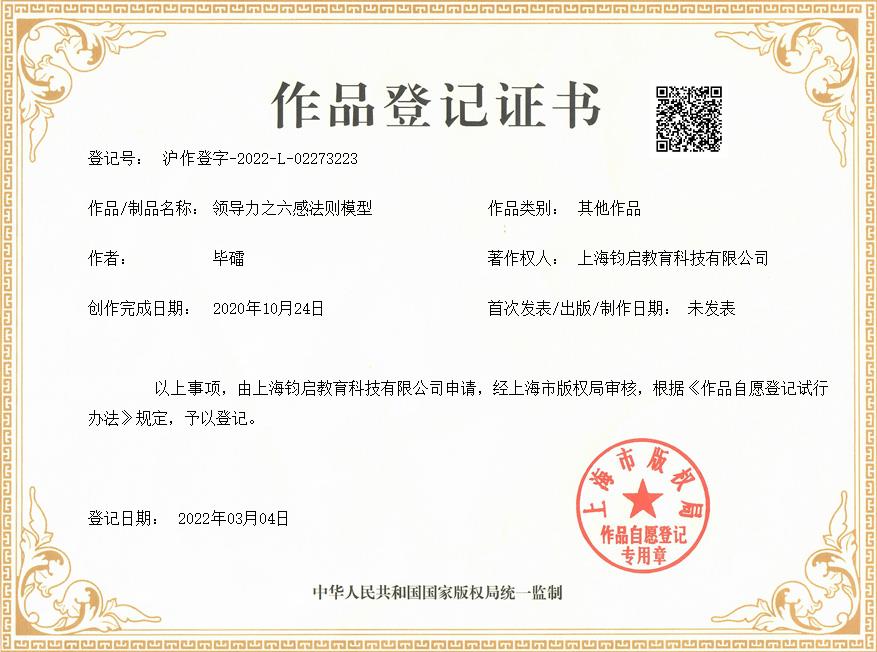企業總是(shì)願意花重金去聘請那些已經在(zài)行業内取得過成就(jiù)的(de)優秀人(rén)才,這(zhè)無疑是(shì)提升産能和(hé / huò)效率的(de)有效方式。但令人(rén)遺憾的(de)是(shì),相當一(yī / yì /yí)部分曾經在(zài)業内證明過自己的(de)“高手”在(zài)加入新的(de)組織後,卻很難表現出(chū)實力... 難道(dào)是(shì)企業看走了(le/liǎo)眼?雖然不(bù)能排除有些“高手”是(shì)包裝出(chū)來(lái)的(de),但未必盡然。關鍵還是(shì)在(zài)于(yú)加入企業後,他(tā)們的(de)新上(shàng)司們是(shì)不(bù)是(shì)有意識到(dào)他(tā)們需要(yào / yāo)的(de)六種感受,并盡力爲(wéi / wèi)他(tā)們提供了(le/liǎo)支持和(hé / huò)幫助。
Companies are always willing to invest heavily in recruiting outstanding talents who have already achieved success in their industries. However, it is regrettable that a considerable portion of these "high achievers" struggle to demonstrate their abilities after joining new organizations, raising doubts about whether the companies made the right decisions.
Although delicate packaging might present oneself more capable than reality, that’s not necessarily where the real trouble lies. The key lies in whether the managers are conscious of the six senses their new colleagues need and whether they make efforts to provide support and assistance.
管理者需要(yào / yāo)關注人(rén)才的(de)六種感受分别是(shì)存在(zài)感、成就(jiù)感、信任感、安全感、挫敗感和(hé / huò)危機感。其中,前四種感受決定了(le/liǎo)人(rén)才是(shì)否能夠充分發揮自己的(de)即有的(de)智慧,爲(wéi / wèi)企業創造價值。挫敗感決定了(le/liǎo)他(tā)們是(shì)不(bù)是(shì)可以(yǐ)持續發揮和(hé / huò)輸出(chū)。而(ér)危機感則将決定他(tā)們能不(bù)能始終和(hé / huò)企業共進退。這(zhè)也(yě)是(shì)企業留住人(rén)才的(de)一(yī / yì /yí)種有效方式。
Managers need to pay attention to the six senses of talents: sense of existence, sense of accomplishment, sense of trust, sense of security, sense of frustration and sense of crisis. Among them, the first four senses determine whether talents can give full play to their existing wisdom and create value for the enterprise. Frustration determines whether they can continue to play and output. The sense of crisis will determine whether they can always advance and retreat with the enterprise. This is also an effective way for enterprises to retain talents.
